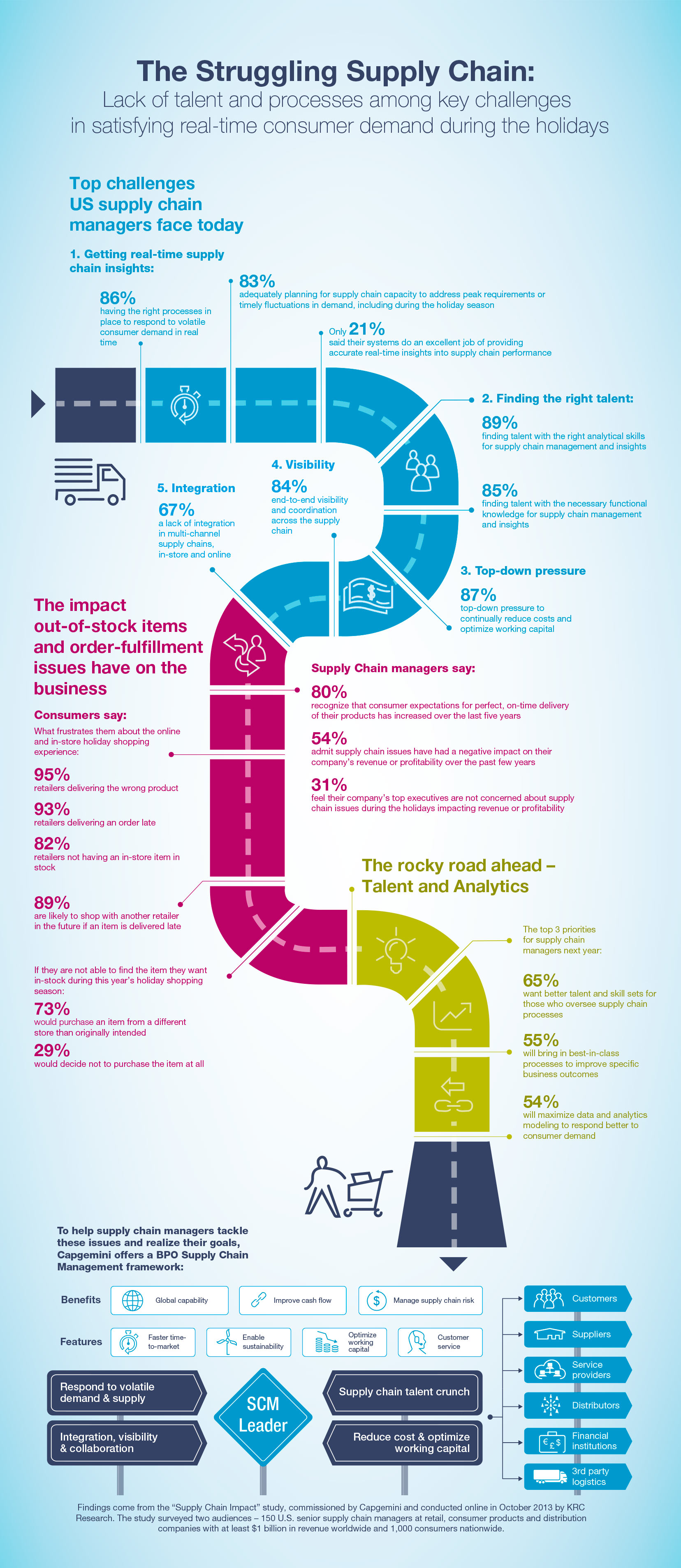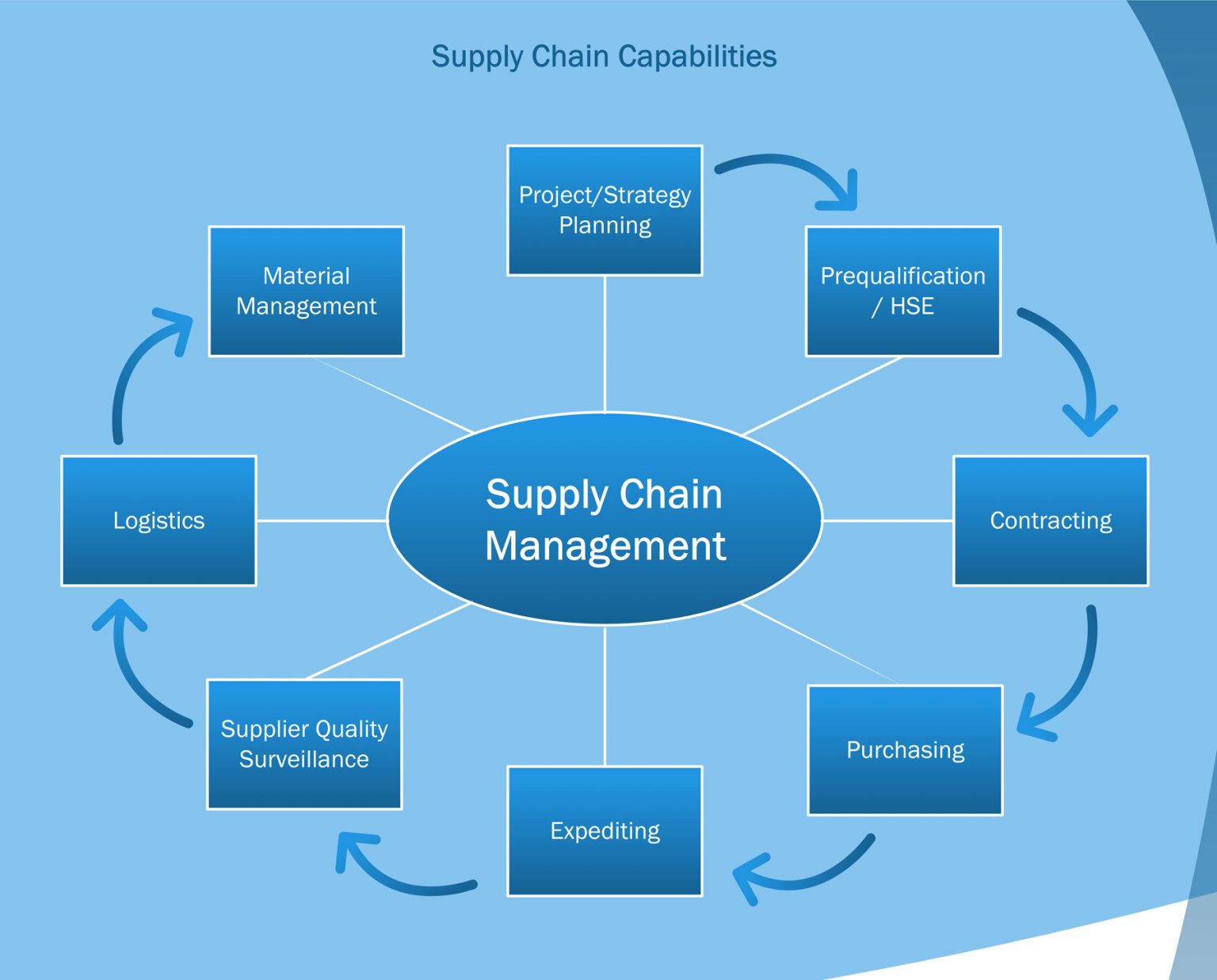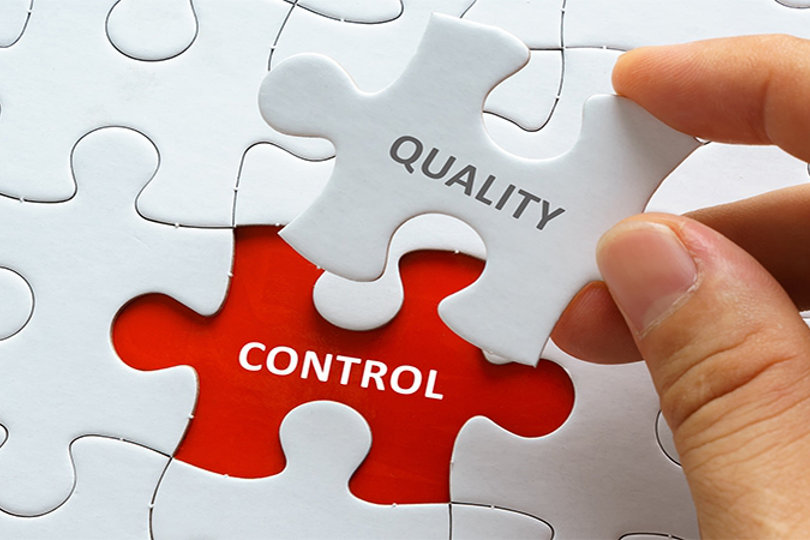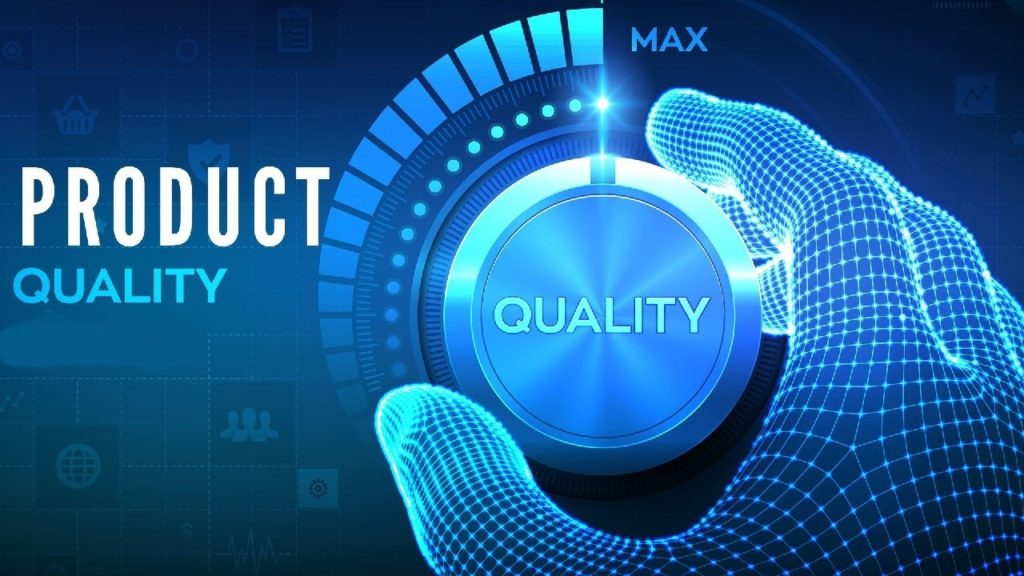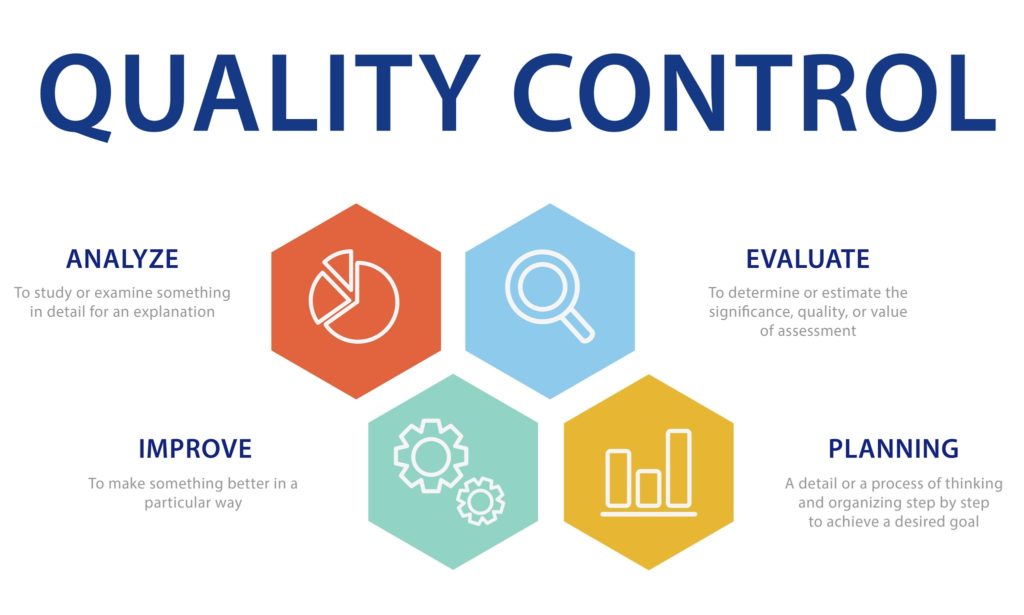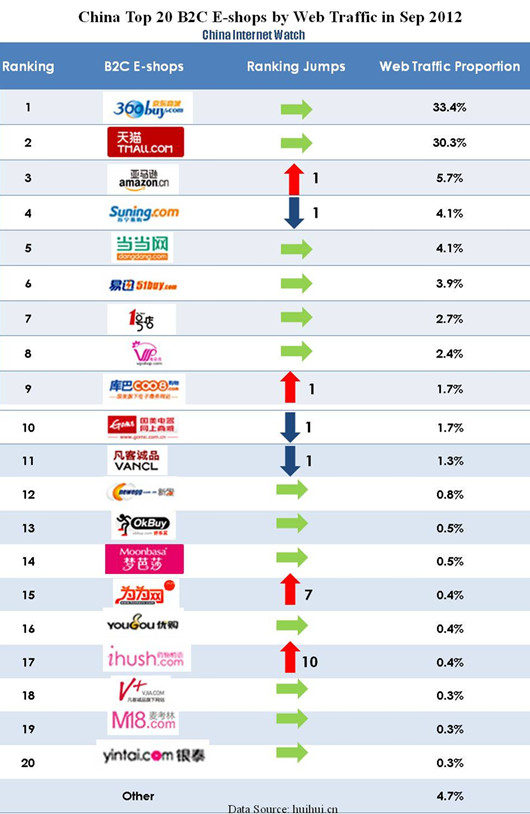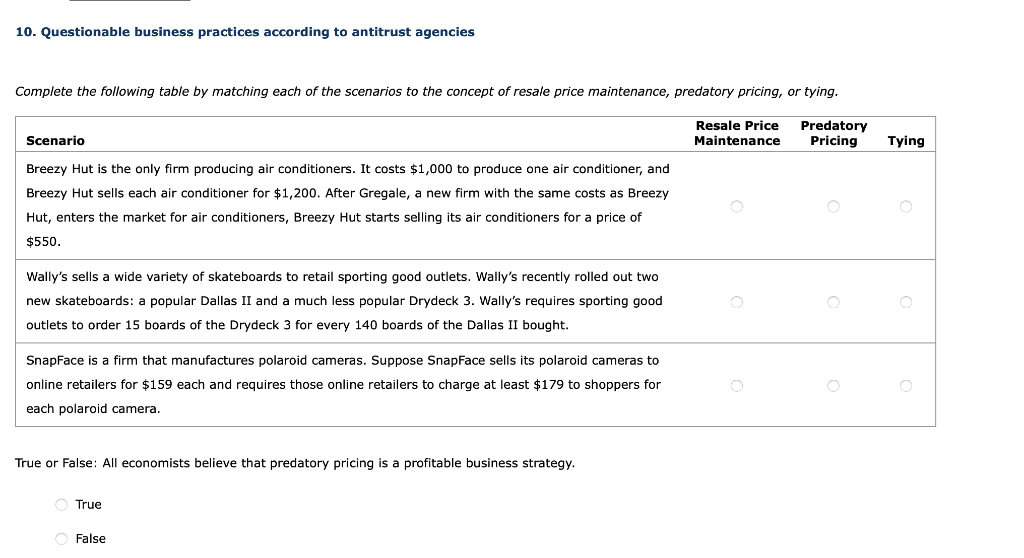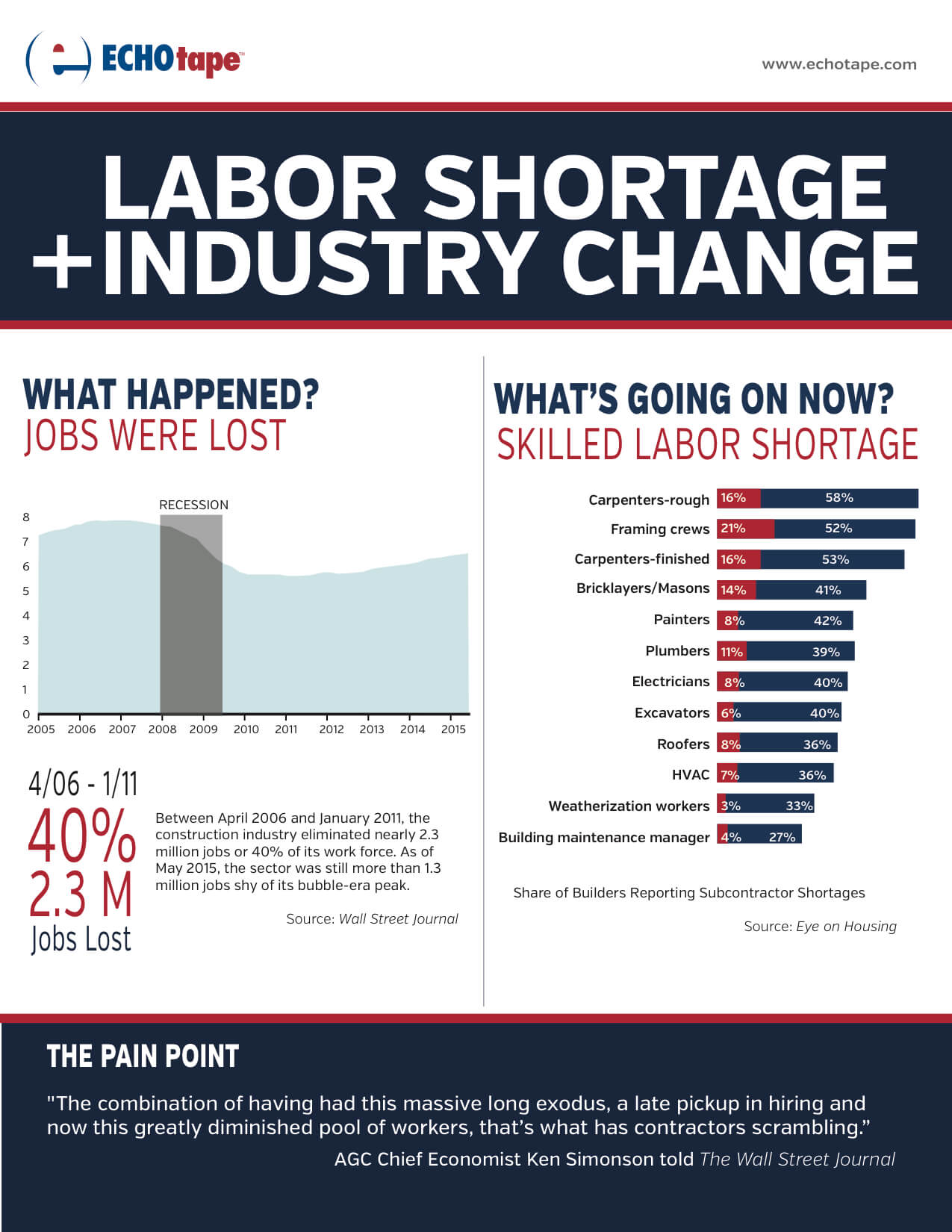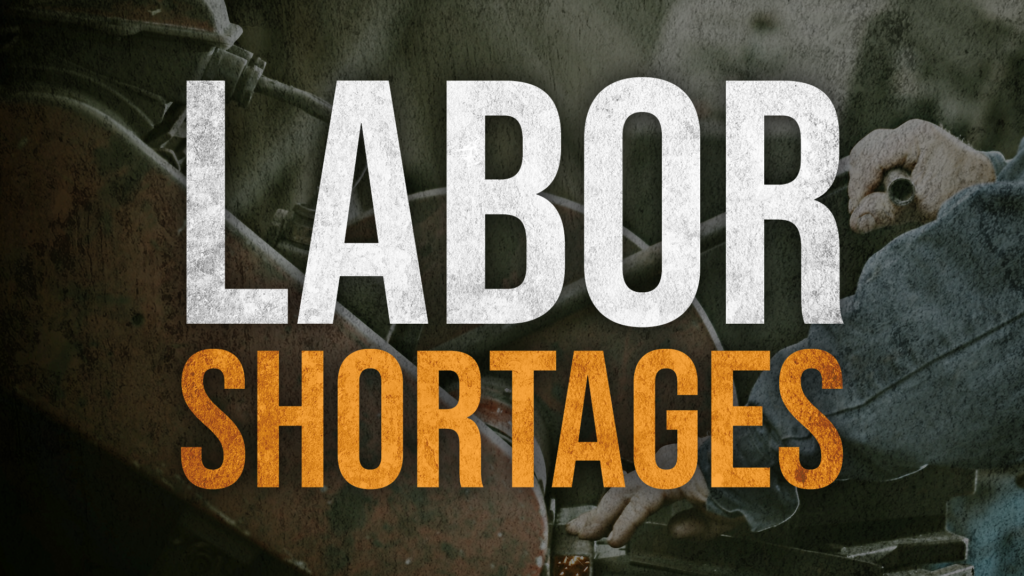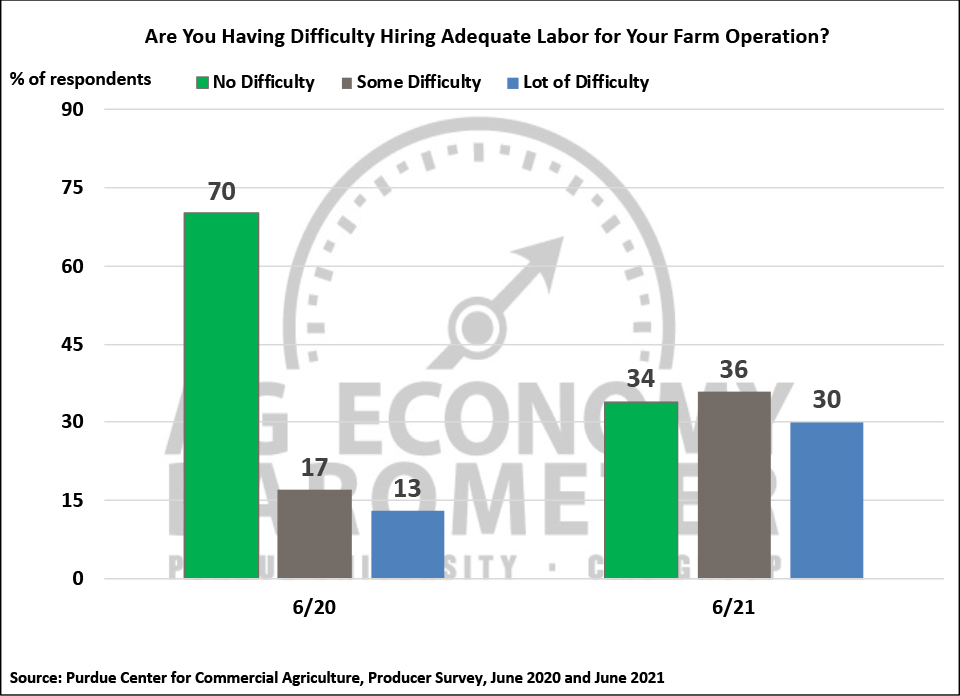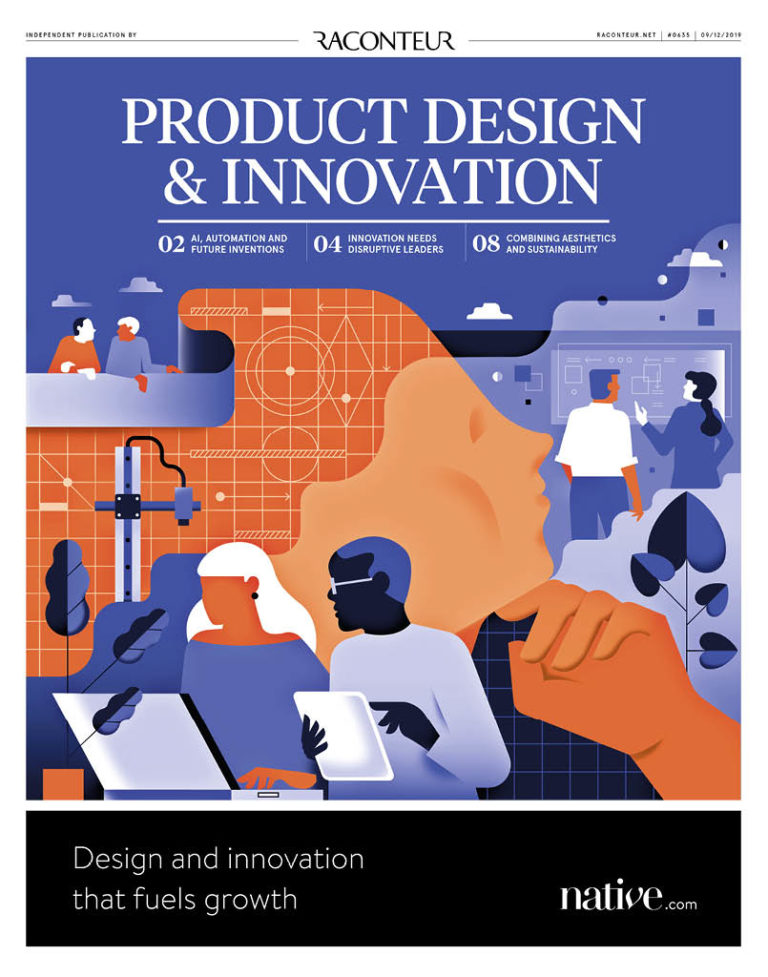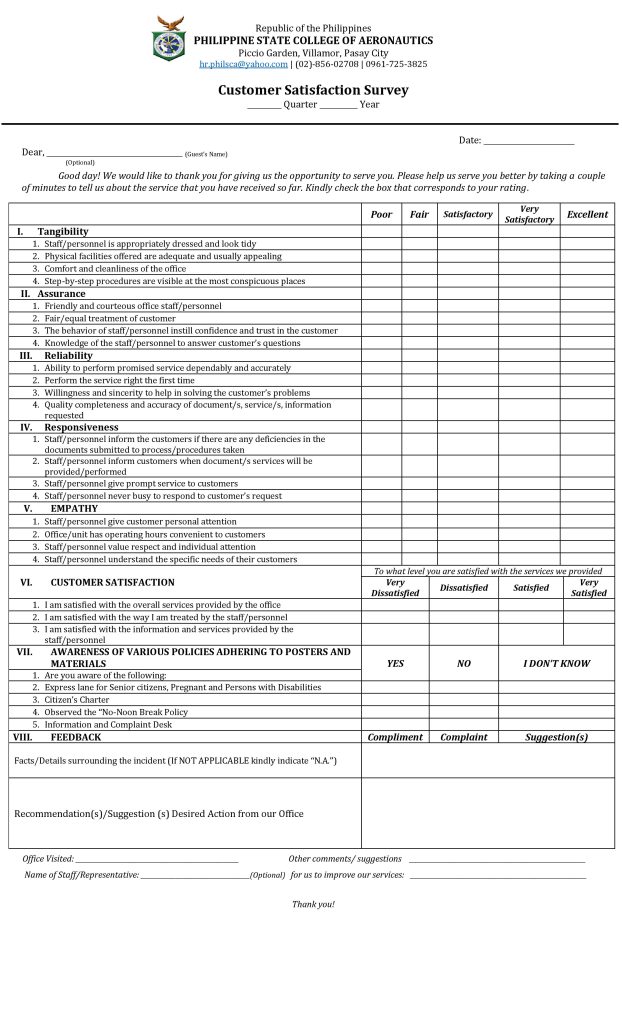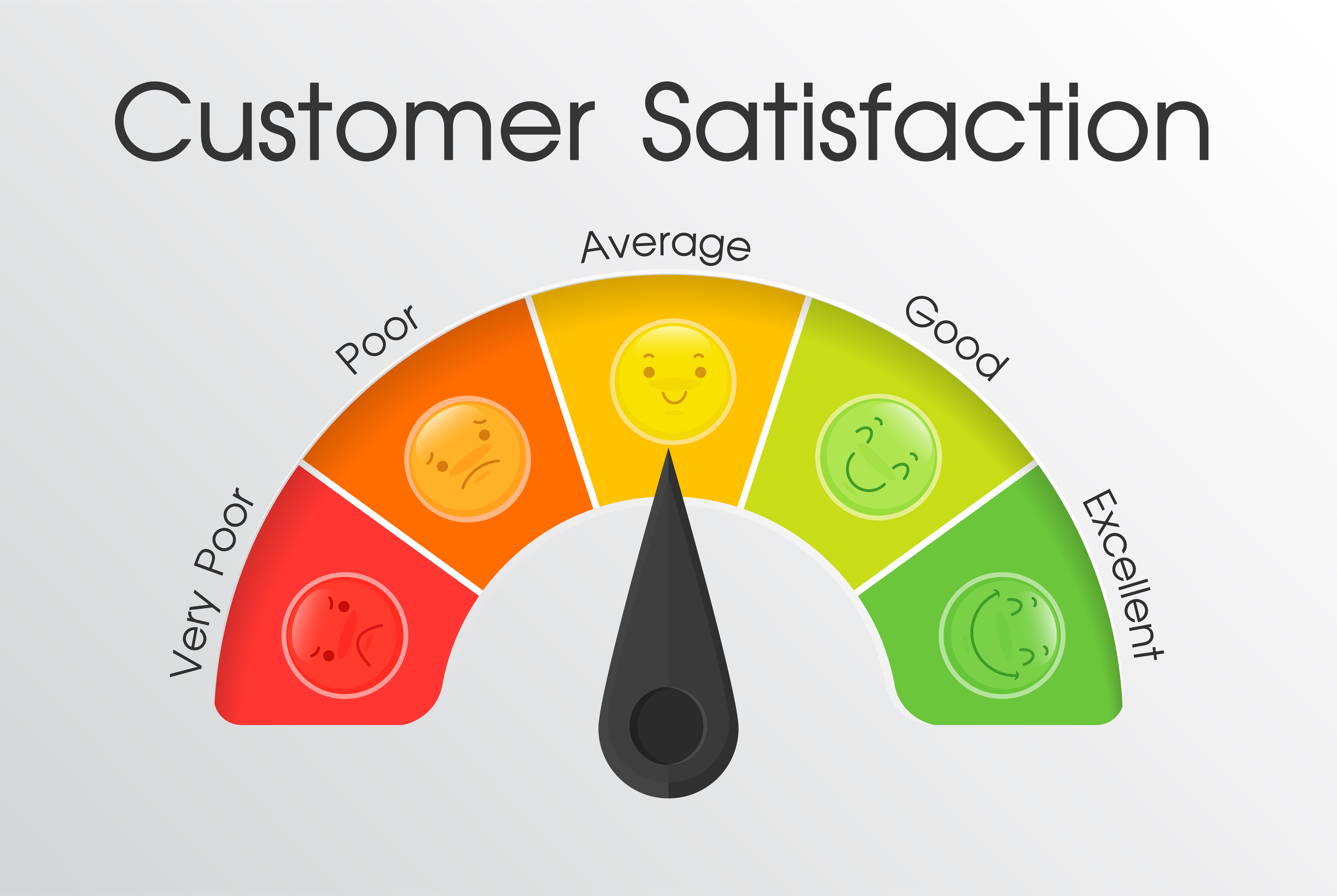The kitchen and bath industry relies heavily on a complex supply chain to deliver products to customers. From sourcing materials to manufacturing and distribution, any disruptions in the supply chain can lead to delays and higher costs. This makes supply chain management one of the top challenges faced by businesses in this industry. Some common issues that can arise in supply chain management include delays in material deliveries, quality control issues, and coordination problems between different suppliers. To overcome these challenges, companies need to have efficient and reliable processes in place, as well as strong relationships with their suppliers.Supply Chain Management
With the increasing demand for high-quality and durable kitchen and bath products, maintaining consistent product quality is a key challenge for businesses in this industry. This includes ensuring that all products meet safety and performance standards, as well as meeting customer expectations for aesthetics and functionality. Quality control issues can arise at any stage of the manufacturing process, from sourcing raw materials to final inspection. Companies need to have strict quality control measures in place and invest in regular testing and inspections to ensure that their products meet the highest standards.Product Quality Control
The rise of e-commerce has brought about a new challenge for the kitchen and bath industry - competition from online retailers. With the convenience and accessibility of online shopping, more and more customers are turning to online retailers for their kitchen and bath needs. This has put pressure on traditional brick-and-mortar businesses to adapt and compete in the online space. To stay competitive, companies need to invest in creating a strong online presence, offering competitive pricing, and providing exceptional customer service.Competition from Online Retailers
Consumer preferences and trends are constantly evolving, and companies in the kitchen and bath industry need to keep up with these changes to stay relevant. This includes staying on top of the latest design trends, as well as offering products that meet the changing needs and lifestyles of consumers. Some challenges that companies may face in this regard include predicting and responding to shifting consumer preferences, as well as the costs and resources involved in constantly updating and innovating their product offerings.Changing Consumer Preferences
The cost of raw materials used in the production of kitchen and bath products can have a significant impact on a company's bottom line. Fluctuations in material costs can be unpredictable and can affect profit margins, making it a major challenge for businesses in this industry. To mitigate these challenges, companies need to carefully monitor material costs and have strategies in place to manage any unexpected increases. This may involve finding alternative suppliers or exploring more efficient production processes.Rising Material Costs
The shortage of skilled labor is a growing concern for the kitchen and bath industry. From manufacturing to installation, businesses are struggling to find qualified and experienced workers to fill crucial roles. This can lead to delays in production and installation, as well as increased costs for companies trying to attract and retain skilled workers. To overcome this challenge, companies may need to invest in training programs and competitive compensation packages to attract and retain top talent.Labor Shortages
The kitchen and bath industry, like many others, is subject to strict environmental regulations. From sourcing sustainable materials to managing waste and emissions, companies need to comply with these regulations to avoid fines and maintain a positive public image. However, keeping up with ever-changing environmental regulations can be a challenge, especially for smaller businesses with limited resources. Companies need to stay informed and adapt their processes to meet these regulations while also balancing cost and efficiency.Environmental Regulations
In an industry where design and innovation are key, companies need to constantly come up with new and creative products to stay ahead of the competition. This can be a challenging task, requiring significant investments in research and development. Additionally, companies need to balance the demand for new and innovative products with the need to maintain consistent quality and production processes. This can require a delicate balance of resources and careful planning.Design and Innovation
Proper installation is crucial for the functionality and longevity of kitchen and bath products. However, installation can also be a major challenge, especially for more complex or custom products. Poor installation can lead to product failures, which can result in costly repairs and damage to a company's reputation. To overcome this challenge, companies need to invest in training and certification programs for their installers and ensure that they have the necessary skills and knowledge to properly install all types of products.Installation Challenges
Providing exceptional customer service and satisfaction is essential for the success of any business in the kitchen and bath industry. With so many options available to customers, companies need to go above and beyond to ensure that their customers are satisfied with their products and services. This can be a challenge, as customer expectations are constantly rising, and any negative feedback can quickly spread through online reviews and social media. To overcome this challenge, companies need to prioritize customer service and invest in training and resources to ensure that all customer interactions are handled professionally and efficiently.Customer Service and Satisfaction
The Ever-Evolving World of Kitchen and Bath Industry

The Impact of Technology
 The kitchen and bath industry has undergone significant transformations in recent years, thanks to the rapid advancements in technology.
Smart appliances, touchless faucets, and voice-activated features
are just a few examples of how technology has revolutionized the design and functionality of kitchens and bathrooms. While these innovations have greatly improved the overall experience of homeowners, they have also presented new challenges for designers and manufacturers. With technology constantly evolving, staying on top of the latest trends and incorporating them into designs has become crucial.
The kitchen and bath industry has undergone significant transformations in recent years, thanks to the rapid advancements in technology.
Smart appliances, touchless faucets, and voice-activated features
are just a few examples of how technology has revolutionized the design and functionality of kitchens and bathrooms. While these innovations have greatly improved the overall experience of homeowners, they have also presented new challenges for designers and manufacturers. With technology constantly evolving, staying on top of the latest trends and incorporating them into designs has become crucial.
Eco-Friendly Demands
 In today's world, there is a growing demand for environmentally friendly products and materials in all industries, including the kitchen and bath industry.
Sustainable and eco-friendly designs
are no longer a niche market, but rather a necessity. This has posed a challenge for manufacturers and designers who must find ways to incorporate these demands into their products without compromising on quality and aesthetics. Additionally, with the rise of eco-conscious consumers, there is also a need for transparency and accountability in the production process. This means that companies must source materials responsibly and ensure that their products are ethically made, which can be a challenge in itself.
In today's world, there is a growing demand for environmentally friendly products and materials in all industries, including the kitchen and bath industry.
Sustainable and eco-friendly designs
are no longer a niche market, but rather a necessity. This has posed a challenge for manufacturers and designers who must find ways to incorporate these demands into their products without compromising on quality and aesthetics. Additionally, with the rise of eco-conscious consumers, there is also a need for transparency and accountability in the production process. This means that companies must source materials responsibly and ensure that their products are ethically made, which can be a challenge in itself.
Changing Consumer Preferences
 The needs and preferences of consumers are constantly evolving, and this has a significant impact on the kitchen and bath industry.
Open-concept living spaces, minimalist designs, and multi-functional features
are some of the current trends that have become increasingly popular among homeowners. This has led to a shift in focus for designers and manufacturers, who must now find ways to create products that cater to these changing preferences. This can be a challenge as it requires constant innovation and adaptation to stay ahead in the competitive market.
The needs and preferences of consumers are constantly evolving, and this has a significant impact on the kitchen and bath industry.
Open-concept living spaces, minimalist designs, and multi-functional features
are some of the current trends that have become increasingly popular among homeowners. This has led to a shift in focus for designers and manufacturers, who must now find ways to create products that cater to these changing preferences. This can be a challenge as it requires constant innovation and adaptation to stay ahead in the competitive market.
Cost and Time Constraints
 In any industry, cost and time are crucial factors that must be considered. This is especially true in the kitchen and bath industry, where homeowners often have budget and time constraints.
High-quality materials and skilled labor
are essential for creating durable and functional designs, but they can also be expensive and time-consuming. This poses a challenge for designers and manufacturers to find a balance between meeting these constraints while still delivering top-notch products and services.
In conclusion, while the kitchen and bath industry offers endless opportunities for creativity and innovation, it also presents its fair share of challenges. From keeping up with technology and sustainability demands to meeting changing consumer preferences and cost and time constraints, designers and manufacturers must continuously adapt and find ways to overcome these challenges to stay relevant in the ever-evolving world of house design.
In any industry, cost and time are crucial factors that must be considered. This is especially true in the kitchen and bath industry, where homeowners often have budget and time constraints.
High-quality materials and skilled labor
are essential for creating durable and functional designs, but they can also be expensive and time-consuming. This poses a challenge for designers and manufacturers to find a balance between meeting these constraints while still delivering top-notch products and services.
In conclusion, while the kitchen and bath industry offers endless opportunities for creativity and innovation, it also presents its fair share of challenges. From keeping up with technology and sustainability demands to meeting changing consumer preferences and cost and time constraints, designers and manufacturers must continuously adapt and find ways to overcome these challenges to stay relevant in the ever-evolving world of house design.
